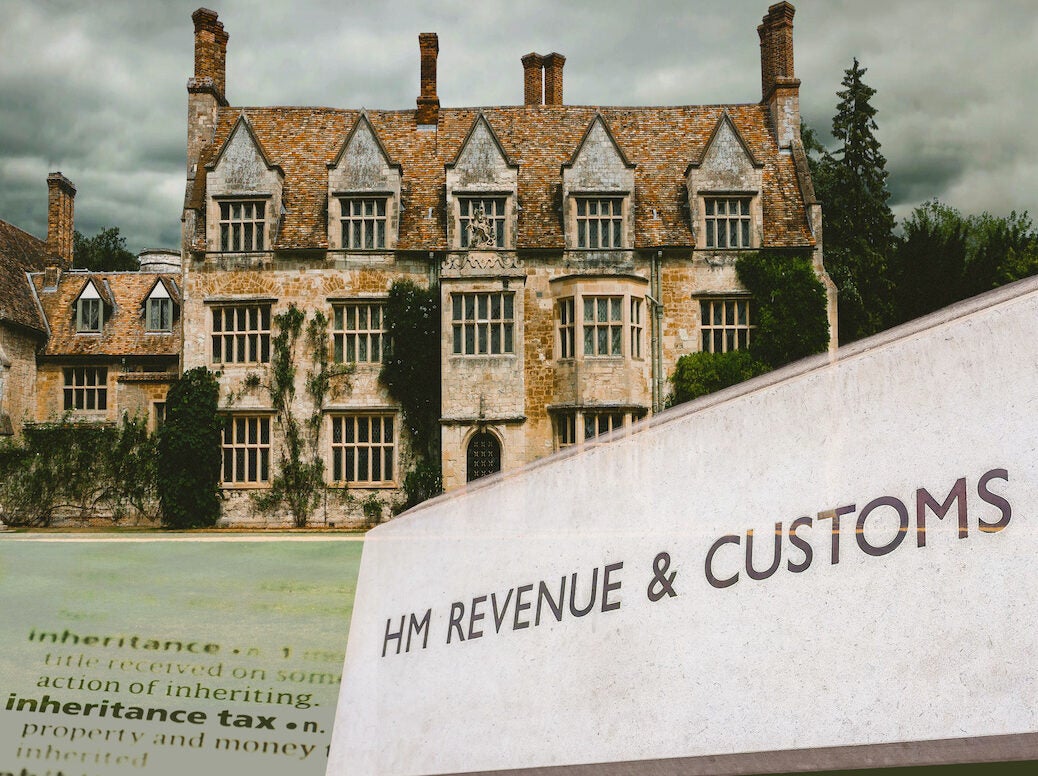
The UK government’s recent Budget unveiled a series of significant inheritance tax (IHT) changes, setting new caps on Business Property Relief (BPR) and Agricultural Property Relief (APR), and freezing the IHT nil rate bands until 2030.
These measures bring profound implications for family businesses, agricultural estates, and high-value properties, with experts warning of complex succession planning challenges.
Experts from Saffery, Keystone Law, Vanguard Europe and Kingsley Napley provide insights into the impacts the changes in the Budget will have on family businesses, estates, and retirement planning.
Budget pulls more estates into tax
Under the new rules as outlined in the Budget, the IHT nil rate bands remain frozen until 2030, capping the combined IHT exemption at £1 million for married couples. Camilla Bishop, experienced in estate administration and probate at Keystone Law, says: ‘The freezing of the nil rate bands until 2030 is no great surprise. We continue to see more and more estates falling into tax as they exceed the £1 million maximum cap for a married couple. Estates in the South East breach this threshold with really quite modest assets due to property prices alone.’
Bishop adds that these frozen bands will impact a growing number of estates, particularly where property values have surged. ‘Many landowners and business owners will now need to consider the value of their assets and how best to deal with succession. It will be necessary to review matters to ensure that the relief isn’t wasted for a married couple – if you don’t use your £1 million cap on first death, you may lose it. This may lead to more tax revenue, but it will certainly generate a headache for HMRC’s valuation team,’ she explains.
[See also: New Labour government unveil crackdown of non-dom regime — as it happened]
Caps on BPR and APR: Implications for family businesses and farms
The Budget also introduced caps on BPR and APR, reducing relief to 50 per cent for asset values above £1 million from April 2026. Lizzie Murray at Saffery says these changes are ‘a major shift for family businesses, many of which have long relied on the relief provided by BPR and APR’.
‘For family businesses, especially those with substantial holdings in property or agricultural assets, this could mean a considerable financial burden on the next generation,’ she told Spear’s.
Law firm Kingsley Napley said the reduction of agricultural property relief and business property relief ‘will mean sizable IHT bills for those set to inherit estates with a likely knock-on effect on investment in the business and, in some cases, the viability of the whole operation on transfer after death’. However, they do point out a silver lining: landowners have an 18-month window to prepare succession plans before the changes take effect.
Changes to pensions in IHT
In a further development announced in the Budget, pensions will now be included in IHT from 2027. This change means that unused pension pots, previously passed on tax-free, will be subject to a 40 per cent IHT. ‘A radical change to pensions from 2027 brings them into IHT, which turns matters on their head,’ says Bishop. ‘You will no longer be able to pass on your unused pension pot tax-free on death as it will be subject to 40 per cent IHT.’ She does note, however, that the 25 per cent tax-free lump sum remains unaffected, providing an opportunity for lifetime gifting.
James Norton, Head of Retirement & Investments at Vanguard Europe, advises those impacted to reassess their retirement spending strategies. ‘With inherited pensions now falling within IHT for the first time, individuals may wish to reconsider spending strategies in retirement,’ says Norton. He also suggests exploring tax-efficient options such as Junior ISAs (JISA) to save for future generations.
[See also: From capital gains to inheritance tax, what the budget means for Britain’s wealthy]
How to navigate the changes
With these reforms, both Murray and Bishop recommend proactive succession and tax planning to manage the impact on family businesses and estates. Here are some strategies they suggest:
- Early succession planning
Murray emphasises the importance of early succession planning to leverage the seven-year rule on potentially exempt transfers (PETs). ‘Early succession planning has always been advisable, but with these changes, it becomes essential,’ she explains. ‘By transferring assets early, families can potentially minimise IHT liability, but it requires careful planning to avoid triggering anti-avoidance rules.’ - Trusts
For businesses with substantial assets, trusts may offer a viable path to manage IHT liabilities. Bishop notes that while trusts are subject to decennial charges, they can be a tax-efficient method for long-term planning. ‘The capping of APR and BPR at 100 per cent to £1 million and 50 per cent above that will affect trusts similarly, but transferring qualifying assets to a trust ahead of April 2026 may help maximise current reliefs,’ she says. - Regularly reviewing wills and estate plans
Both experts stress the need for periodic reviews of wills and estate plans. ‘It’s common to leave assets to a spouse to benefit from the IHT exemption on interspousal transfers, but under the new rules, the £1 million cap may not transfer to a surviving spouse. Strategic planning can help avoid wasting valuable reliefs,’ says Murray. - Considering life Insurance
Life insurance policies held in trust may be increasingly valuable under the new regime, helping to cover IHT liabilities without impacting other assets. ‘Life insurance can provide the liquidity heirs need to pay the IHT bill, allowing the business to stay intact,’ Murray suggests.






